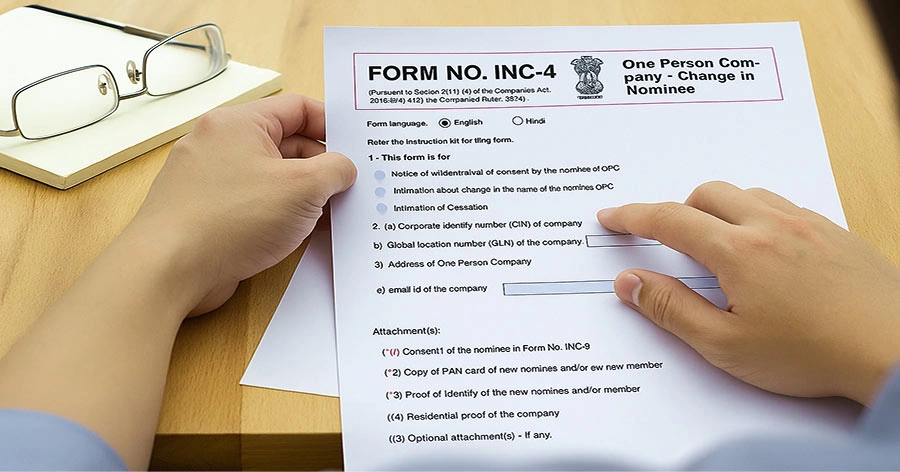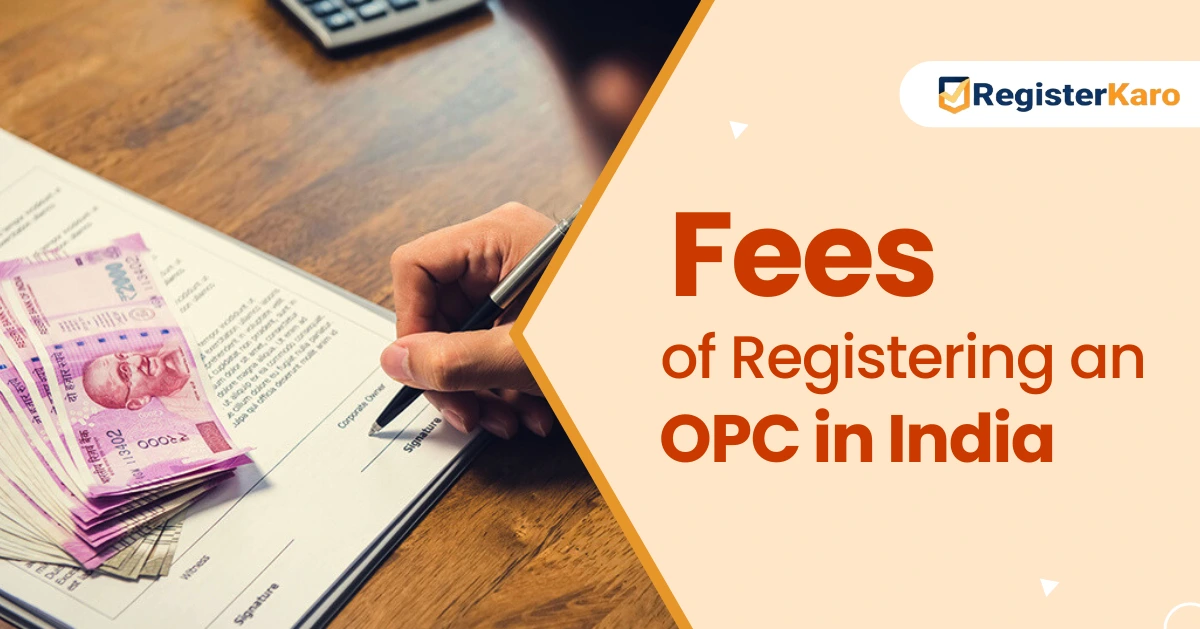A One Person Company (OPC) is a type of business that is owned and managed by just one individual, who is the only member and shareholder. It gives the flexibility of running a proprietorship while also offering the legal protection of a company. The owner enjoys limited liability, which means their personal assets are safe even if the business has financial problems. The Companies Act, 2013, treats OPCs as a type of private company.
Under Section 2(62) of the Companies Act, 2013, only Indian residents were initially allowed to incorporate an OPC. But after the 2021 amendments, this rule was relaxed. Now, even Non-Resident Indians (NRIs) can set up an OPC in India, as long as they have stayed in the country for at least 120 days in the previous financial year.
Some other important changes made in 2021 are:
- No conversion limits: Earlier, OPCs had to change into a private or public company if their paid-up capital went beyond ₹50 lakhs or their turnover crossed ₹2 crore. Lawmakers have now removed this requirement.
- No waiting period for voluntary conversion: Earlier, OPCs had to wait two years before converting voluntarily into another type of company. Now, authorities have removed this condition.
These changes have made it easier to manage compliance, encouraging more entrepreneurs, including NRIs, to register OPCs in India.











